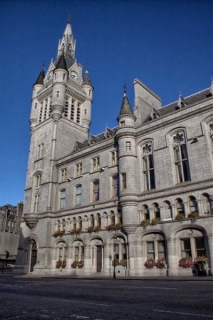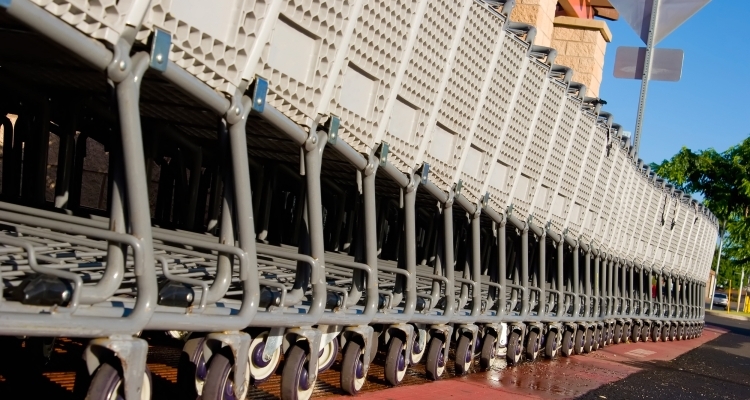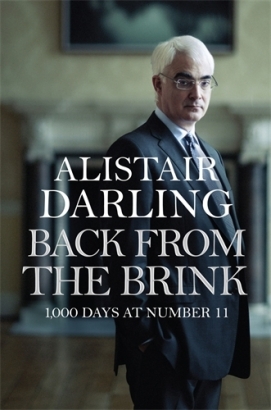A report on the UTG referendum was discussed at a meeting of full council on Wednesday with a view to it being approved before being sent to the Scottish Government. Friends of Union Terrace Gardens chairman Mike Shepherd was permitted to give a deputation. Aberden voice presents Mike’s deputation in full.
“I was allowed to give a deputation here in January when I said that the FoUTG would agree to take part in a referendum if it was fair.
We agreed to the referendum in spite of the shameful behaviour of this council in ignoring the result of the public consultation two years ago. We agreed for two reasons.
First, we saw the CGP as a juggernaut pushed through relentlessly by business and a friendly council. There were only two options to stop this; either through the referendum or legal action. We chose the referendum.
Secondly, we chose this route through public spirit. We were only too aware of the poisonous attitudes building on both sides of the issue. Aberdeen was at war with itself. A fair referendum was the only way of killing this beast.
I also told the council that the referendum would have to be fair because implicit in taking part was that we accepted the final result, whatever it was. This was said in good faith.
THIS WAS NOT A FAIR REFERENDUM!
We do not accept the result. The process was flawed. Internet and phone voting should not have been allowed as without signatures, this was open to fraud. The Green party have also asked me to complain about their shortened message in the information pack that was sent out.
The City Garden Project supporters were allowed to spend tens of thousands of pounds on PR, newspapers, leaflets and radio ads. This money spent on advertising bought a marginal result for the referendum.
The ads were often misleading and in some instances blatantly so. We were told of a bogus £182M investment, consisting of a bogus £15M of private investment and a bogus £20M Art Gallery grant which didn’t exist. One misleading ad is under investigation by the Advertising Standards Authority.
This council also misled the public. The claim that a new park could create 6,500 jobs was utterly ludicrous. They did not explain the risks of borrowing through TIF properly, even when Audit Scotland expressed their concerns about the long term implications for the Council’s finances.
You are £618M in debt, you cannot afford the risk on further borrowing.
The council were partial to one side of the referendum. The ACGT were allowed to show a video in the Art Gallery, council property, yet we were excluded until after several days of complaint on the matter.
This was a dishonest referendum. The public were misled right up the City Garden path. The council should vote to ignore the result. Furthermore, this report should not be passed onto the Scottish Government as suggested. The proposal to spend valuable investment and infrastructure money on something as trivial as a new park is a disgrace.
We do not accept the result of the referendum and we intend to carry on campaigning to save Union Terrace Gardens. Thank you.”
Evening Express report here. http://www.eveningexpress.co.uk/Article.aspx





